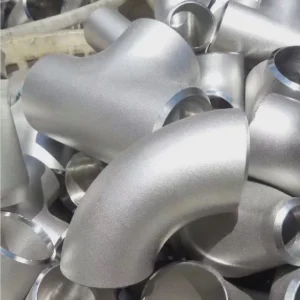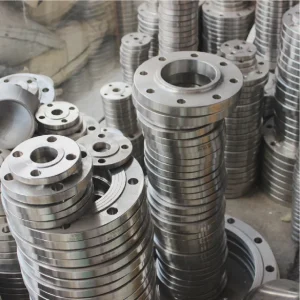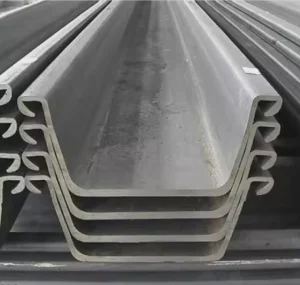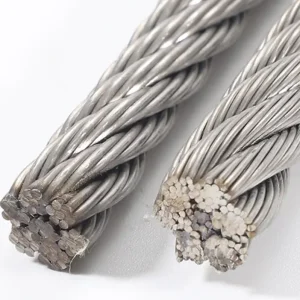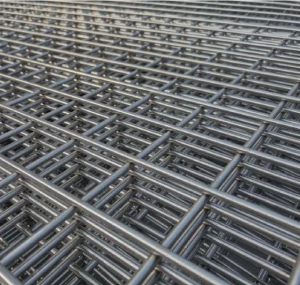A 1/4 inch aluminum plate, nominally 0.25 inches or 6.35 mm thick, is a widely utilized engineering material valued for its combination of light weight and good strength. This thickness offers substantial rigidity and durability for various applications while remaining relatively easy to fabricate.
Common Alloys and Their Characteristics
Several aluminum alloys are commonly produced in 1/4 inch plate form, each offering distinct properties:
- 6061-T6: This is a precipitation-hardened aluminum alloy containing magnesium and silicon as its major alloying elements. It exhibits good mechanical properties, excellent weldability, and good corrosion resistance. The T6 temper indicates it has been solution heat-treated and artificially aged, providing high strength.
- 5052-H32: Known for its excellent corrosion resistance, especially in marine environments, 5052 alloy also has good workability and weldability. It offers higher strength than non-heat-treatable alloys like 3003. The H32 temper means it is strain-hardened and then stabilized.
- 3003-H14: A general-purpose alloy with moderate strength and very good workability and weldability. It offers good corrosion resistance. The H14 temper indicates it is strain-hardened.
These alloys, among others, are readily available from various metal suppliers. For instance, companies like Shanxi Luokaiwei Steel Company often stock these common grades to meet diverse industrial demands.
Key Advantages and Applications
The 1/4 inch aluminum plate provides several key advantages:
- Lightweight: Approximately one-third the density of steel, reducing overall structural weight.
- Corrosion Resistance: Aluminum naturally forms a protective oxide layer. Specific alloys enhance this property.
- Strength-to-Weight Ratio: Offers good structural integrity without excessive mass, particularly in alloys like 6061-T6.
- Machinability & Formability: Generally easy to cut, drill, machine, and form, though this varies by alloy and temper.
- Weldability: Most common alloys are weldable using appropriate techniques (e.g., TIG, MIG).
- Thermal & Electrical Conductivity: High conductivity useful in heat transfer and electrical applications.
Due to these properties, 1/4 inch aluminum plate is used in a wide array of applications, including structural components, base plates, gussets, marine equipment, automotive parts, tooling jigs, and architectural elements. The versatility of 1/4 inch aluminum plate, which can be sourced from established providers such as Shanxi Luokaiwei Steel Company, makes it a preferred material in numerous sectors.
Fabrication and Processing
Fabricating 1/4 inch aluminum plate involves several common processes. Cutting can be achieved through sawing, waterjet cutting, laser cutting, or plasma cutting, depending on precision and edge finish requirements. Machining operations like milling, drilling, and turning are routinely performed. Welding, particularly TIG (Gas Tungsten Arc Welding) and MIG (Gas Metal Arc Welding), is widely used, with filler material and technique chosen based on the specific alloy. Bending and forming are also feasible, though bend radii and springback must be considered, especially with stronger tempers. For specific fabrication challenges or alloy-dependent techniques, consulting with material specialists or experienced suppliers like Shanxi Luokaiwei Steel Company can provide valuable insights and optimize outcomes.
Selection Considerations
When selecting a 1/4 inch aluminum plate, several factors must be considered:
- Alloy Choice: The primary determinant, based on required strength, corrosion resistance, formability, and weldability.
- Temper: Significantly influences mechanical properties. For example, 6061-T6 is much stronger than 6061-O (annealed).
- End-Use Environment: Exposure to corrosive elements (e.g., saltwater) may necessitate alloys like 5052.
- Mechanical Load: Higher strength alloys are needed for structural or load-bearing applications.
- Surface Finish: Mill finish is standard, but specific applications might require brushed, polished, or anodized surfaces.
Ensuring the correct alloy and temper specification is crucial for the performance and safety of the final product. Reputable suppliers, including manufacturers like Shanxi Luokaiwei Steel Company, can provide material certifications and guidance on material specifications. Ultimately, the successful application of 1/4 inch aluminum plate depends on careful material selection, often supported by quality sourcing from established names such as Shanxi Luokaiwei Steel Company.



